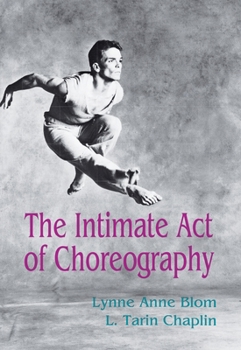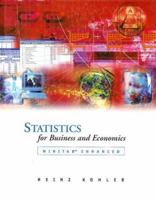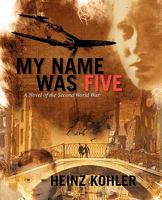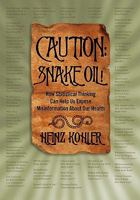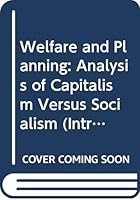The Intimate Act of Choreography
Select Format
Select Condition 
Book Overview
A comprehensive book that covers all aspects of choreography from the most fundamental techniques to highly sophisticated artistic concerns. The Intimate Act of Choreography presents the what and how of choreography in a workable format that begins with basics- - time, space, force -- and moves on to the more complex issues faced by the intermediate and advanced choreographer -- form, style, abstraction, compositional structures, and choreographic devices. The format of the book evolved from the idea that improvisation is a good way to learn choreography. This approach is in harmony with widely accepted dance philosophies that value the unique quality of each individual\u2019s creativity. After discussing a concept, the authors provide improvisations, and choreographic studies that give the student a physical experience of that concept. The language is stimulating an innovative, rich in visual images that will challenge the choreographer to explore new directions in movement. The book is for serious dance students and professionals who are interested in both the practical and theoretical aspects of the art, dancers who are just starting to choreograph, and teachers who are seeking fresh ideas and new approaches to use with young choreographers. (A Teacher\u2019s Addendum offers suggestions on how to use the material in the classroom.) It is a guide, a text, and an extensive resource of every choreographic concept central to the art form.
Format:Paperback
Language:English
ISBN:0822953420
ISBN13:9780822953425
Release Date:June 1982
Publisher:University of Pittsburgh Press
Length:256 Pages
Weight:0.72 lbs.
Dimensions:0.7" x 5.5" x 8.1"
More by Heinz Kohler
Customer Reviews
5 customer ratings | 5 reviews
Rated 5 starsHey, remember the 1980's president?
By Thriftbooks.com User,
Ronald Reagan campaigned and then was elected on a promise to restore American virility. In the closing years of the cold war, we wanted to believe that America was a super power and that we ourselves were super. Who better suited for that type of positioning than a former Hollywood actor? I think the "1950's Doc Brown" from the 1985 blockbuster 'Back to the Future' spoke for many people when he just expressed shock that...
0Report










